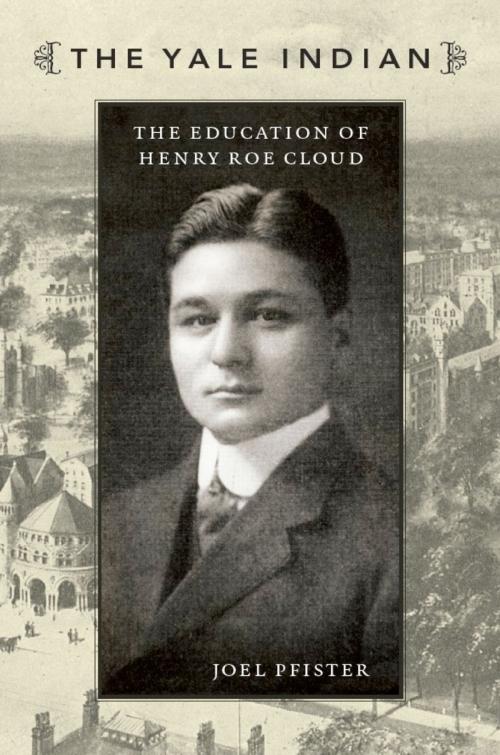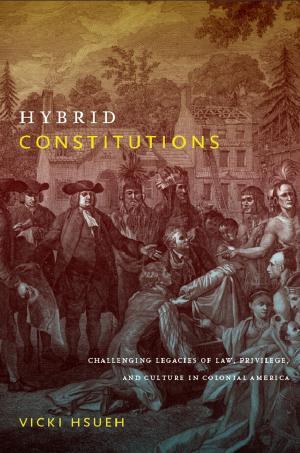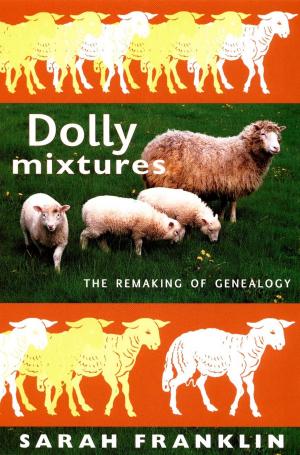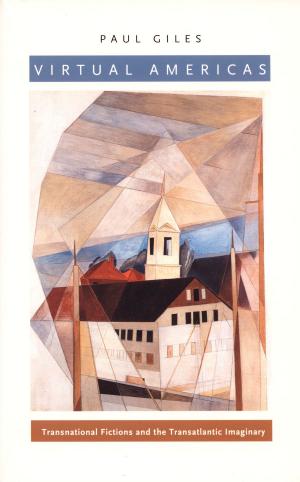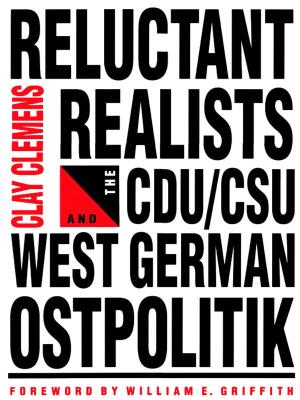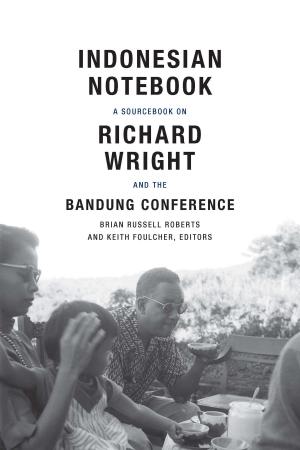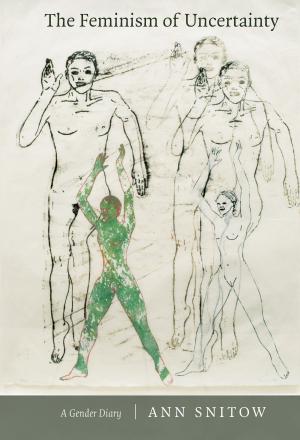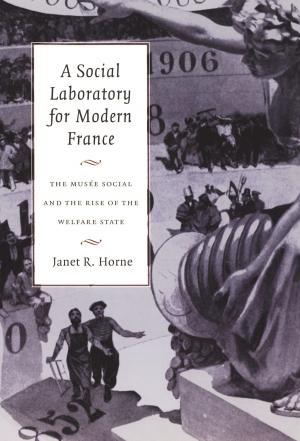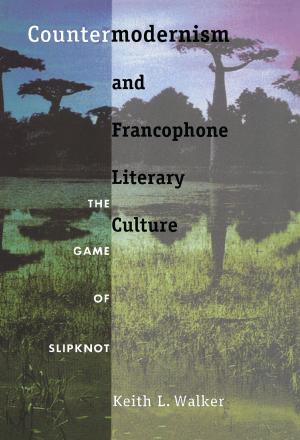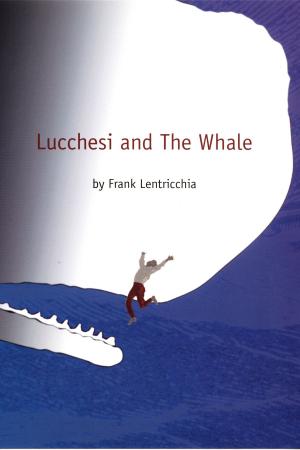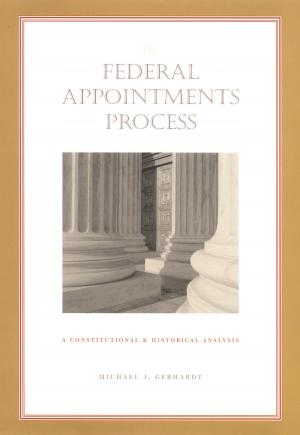The Yale Indian
The Education of Henry Roe Cloud
Nonfiction, Social & Cultural Studies, Social Science, Cultural Studies, Native American Studies, Biography & Memoir| Author: | Joel Pfister, Donald E. Pease | ISBN: | 9780822392392 |
| Publisher: | Duke University Press | Publication: | June 12, 2009 |
| Imprint: | Duke University Press Books | Language: | English |
| Author: | Joel Pfister, Donald E. Pease |
| ISBN: | 9780822392392 |
| Publisher: | Duke University Press |
| Publication: | June 12, 2009 |
| Imprint: | Duke University Press Books |
| Language: | English |
Honored in his own time as one of the most prominent Indian public intellectuals, Henry Roe Cloud (c. 1884–1950) fought to open higher education to Indians. Joel Pfister’s extensive archival research establishes the historical significance of key chapters in the Winnebago’s remarkable life. Roe Cloud was the first Indian to receive undergraduate and graduate degrees from Yale University, where he was elected to the prestigious and intellectual Elihu Club. Pfister compares Roe Cloud’s experience to that of other “college Indians” and also to African Americans such as W. E. B. Du Bois. Roe Cloud helped launch the Society of American Indians, graduated from Auburn seminary, founded a preparatory school for Indians, and served as the first Indian superintendent of the Haskell Institute (forerunner of Haskell Indian Nations University). He also worked under John Collier at the Bureau of Indian Affairs, where he was a catalyst for the Indian New Deal.
Roe Cloud’s white-collar activism was entwined with the Progressive Era formation of an Indian professional and managerial class, a Native “talented tenth,” whose members strategically used their contingent entry into arenas of white social, intellectual, and political power on behalf of Indians without such access. His Yale training provided a cross-cultural education in class-structured emotions and individuality. While at Yale, Roe Cloud was informally adopted by a white missionary couple. Through them he was schooled in upper-middle-class sentimentality and incentives. He also learned how interracial romance could jeopardize Indian acceptance into their class. Roe Cloud expanded the range of what modern Indians could aspire to and achieve.
Honored in his own time as one of the most prominent Indian public intellectuals, Henry Roe Cloud (c. 1884–1950) fought to open higher education to Indians. Joel Pfister’s extensive archival research establishes the historical significance of key chapters in the Winnebago’s remarkable life. Roe Cloud was the first Indian to receive undergraduate and graduate degrees from Yale University, where he was elected to the prestigious and intellectual Elihu Club. Pfister compares Roe Cloud’s experience to that of other “college Indians” and also to African Americans such as W. E. B. Du Bois. Roe Cloud helped launch the Society of American Indians, graduated from Auburn seminary, founded a preparatory school for Indians, and served as the first Indian superintendent of the Haskell Institute (forerunner of Haskell Indian Nations University). He also worked under John Collier at the Bureau of Indian Affairs, where he was a catalyst for the Indian New Deal.
Roe Cloud’s white-collar activism was entwined with the Progressive Era formation of an Indian professional and managerial class, a Native “talented tenth,” whose members strategically used their contingent entry into arenas of white social, intellectual, and political power on behalf of Indians without such access. His Yale training provided a cross-cultural education in class-structured emotions and individuality. While at Yale, Roe Cloud was informally adopted by a white missionary couple. Through them he was schooled in upper-middle-class sentimentality and incentives. He also learned how interracial romance could jeopardize Indian acceptance into their class. Roe Cloud expanded the range of what modern Indians could aspire to and achieve.
